Fibroids are benign (non-cancerous) growths that develop in or on the uterus. They are common and can affect women of reproductive age, with varying symptoms and severity. Early diagnosis and treatment are essential for effective management and improved outcomes. Dr. Saurabh Phadnis, based in London, provides expert care for women with fibroids, offering accurate diagnosis and personalised treatment plans.
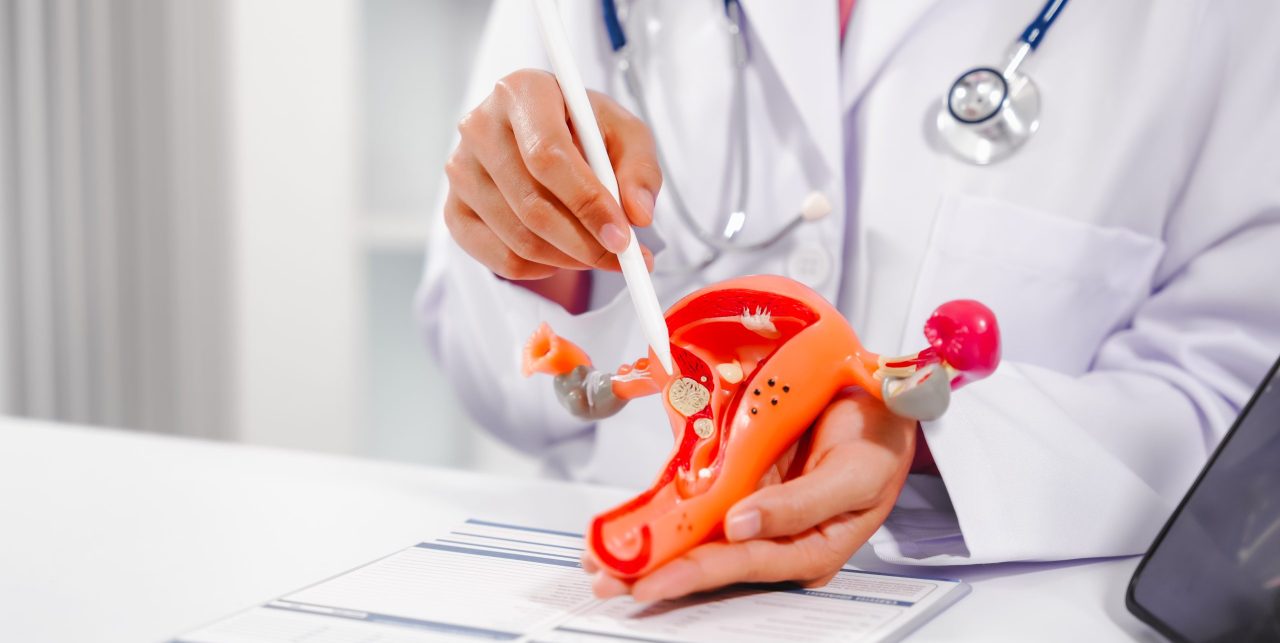
Fibroids, also known as uterine leiomyomas, are muscular tumours that develop within the walls of the uterus. They can range in size from very small to large growths and can be located in various parts of the uterus:
These grow just beneath the lining of the uterus and can cause heavy menstrual bleeding and infertility.
These develop in the muscular wall of the uterus and are the most common type of fibroid.
These grow on the outer wall of the uterus and can cause pelvic pressure or pain.
These occur in the cervix and can affect fertility or cause pain during intercourse.
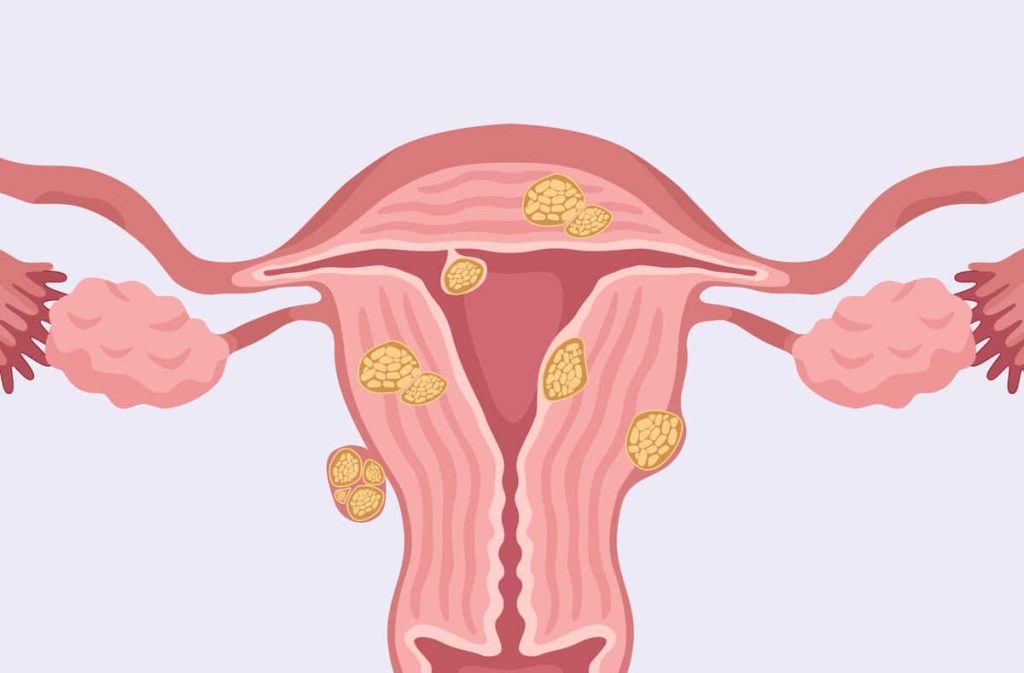
Fibroids can cause periods to be much heavier than usual, sometimes leading to anaemia.
Larger fibroids can exert pressure on nearby organs, leading to pain in the pelvic area.
Fibroids pressing against the bladder can cause frequent urination or difficulty emptying the bladder.
Depending on their location, fibroids can cause pain during or after sex.
Fibroids can cause discomfort in the lower back, particularly with larger growths.
In some cases, fibroids can interfere with conception by blocking fallopian tubes or affecting the shape of the uterus.
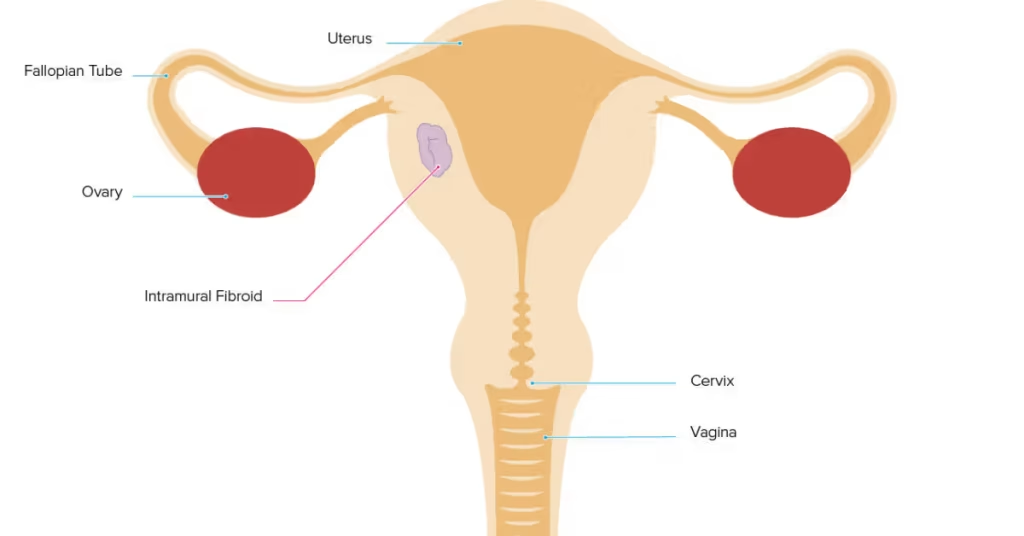
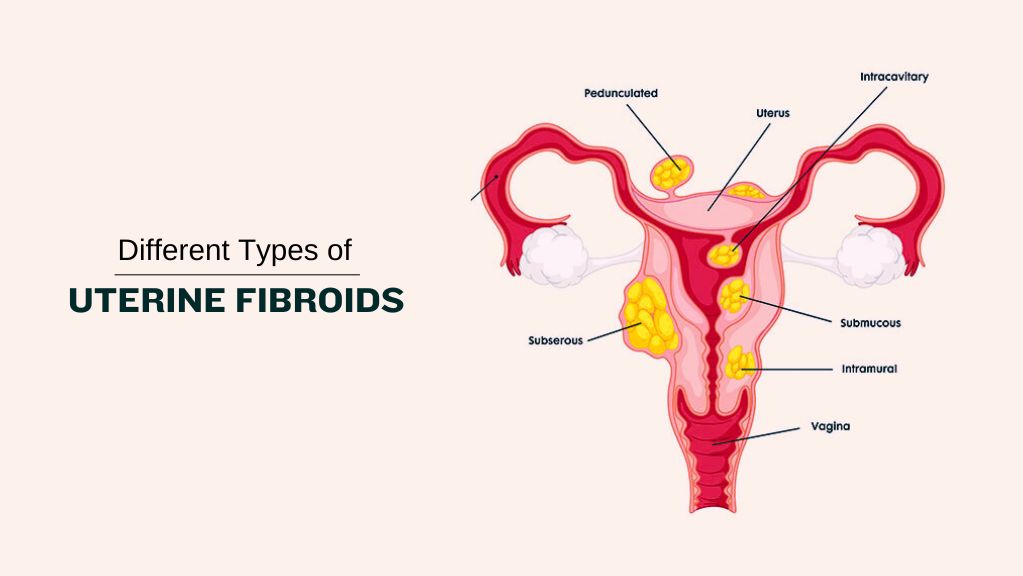
While the exact cause of fibroids is not fully understood, several factors are known to contribute to their development:
Oestrogen and progesterone, the hormones that regulate the menstrual cycle, stimulate fibroid growth.
Family history plays a role; if your mother or sister had fibroids, you are more likely to develop them.
Fibroids are most common in women between the ages of 30 and 50.
African-American women are at a higher risk of developing fibroids and tend to experience more severe symptoms.
Overweight women are more likely to develop fibroids, as excess fat can produce additional oestrogen.
Dr. Saurabh Phadnis uses a combination of techniques to diagnose fibroids:
A doctor may detect fibroids during a pelvic exam if they are large enough to be felt.
A pelvic ultrasound is a non-invasive imaging test that uses sound waves to create an image of the uterus, allowing the doctor to detect fibroids.
An MRI provides detailed images of the uterus, which can help assess the size, location, and number of fibroids.
Also known as saline infusion sonography, this test is used to examine fibroids in the uterine cavity by injecting saline into the uterus and using ultrasound to visualise the area.
In rare cases, a laparoscopy may be used to view the fibroids directly. This minimally invasive procedure involves inserting a small camera into the abdomen.
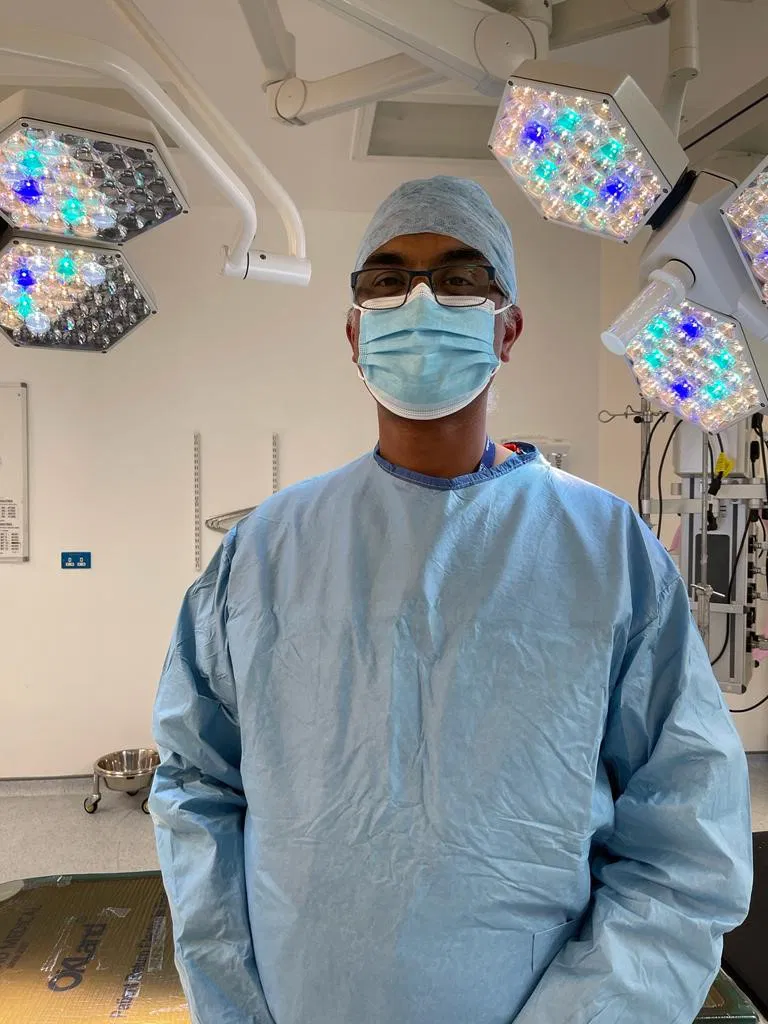
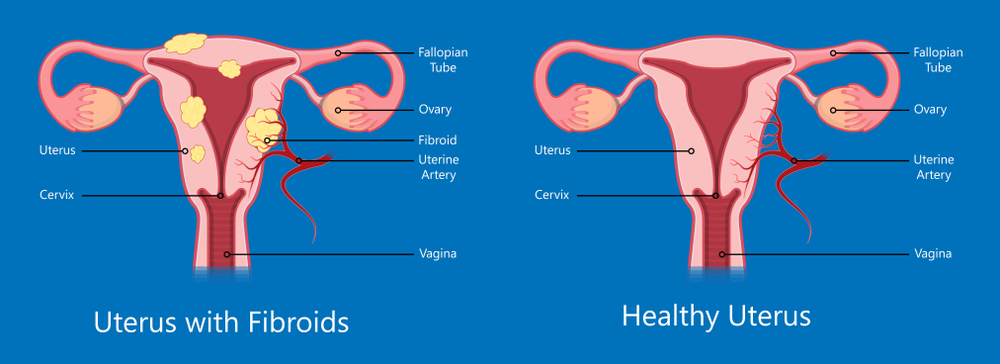
Early detection of fibroids is important for preventing complications such as anaemia, infertility, or severe pelvic pain.
Fibroids that grow large or cause heavy bleeding can lead to significant discomfort and long-term health issues.
With early diagnosis, effective treatments, including medication or surgical options, can be implemented to manage symptoms and reduce the risk of further complications.
Dr. Phadnis works closely with each patient to determine the most appropriate treatment plan:
Hormonal treatments, such as birth control pills, IUDs, or GnRH agonists, can help manage symptoms by regulating menstrual cycles and reducing bleeding.
Dr. Phadnis offers a range of options, ensuring that each treatment plan is personalised to the individual’s needs, lifestyle, and reproductive goals.


Dr. Saurabh Phadnis is a renowned specialist in diagnosing and treating fibroids in London. With years of experience and access to the latest medical technologies, Dr. Phadnis ensures that women receive the most accurate diagnosis and effective treatment.
His compassionate approach to care ensures that each patient is treated with the highest level of respect and understanding.
Fibroids are a common condition that can affect many aspects of a woman’s health, but with early diagnosis and appropriate treatment, they can be effectively managed.
If you are experiencing symptoms of fibroids, seeking expert care is essential for reducing discomfort and improving quality of life.
Dr. Saurabh Phadnis offers comprehensive diagnostic and treatment services in London, providing personalised care that addresses your unique needs. Contact Dr. Phadnis today to schedule a consultation.
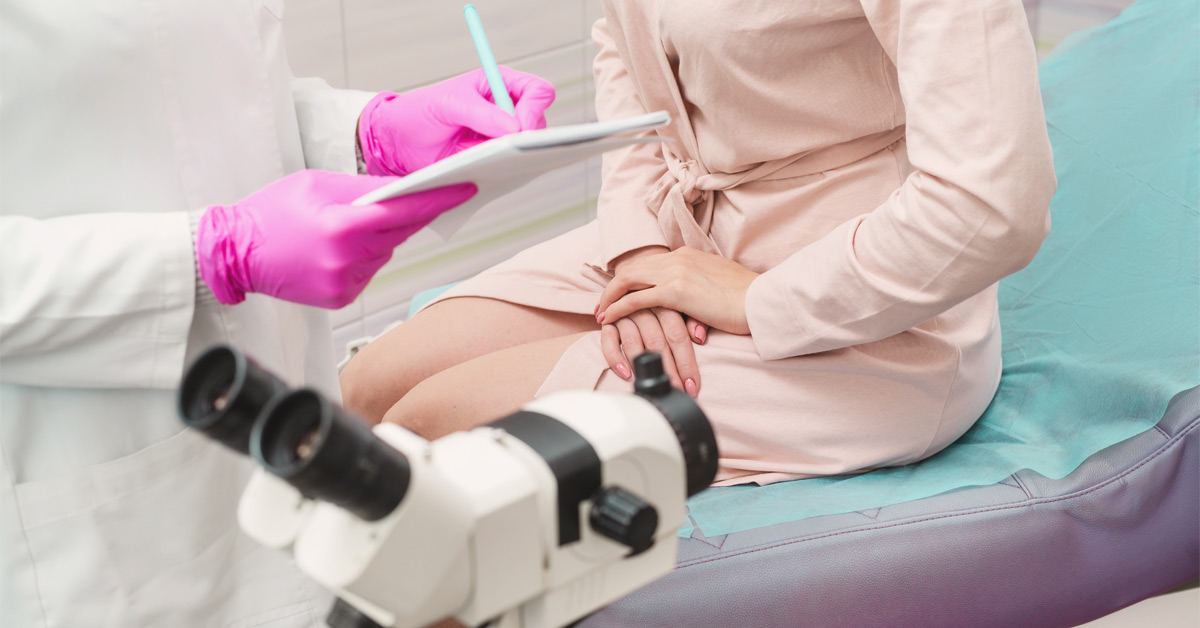
If you’re concerned about Fibroids, private consultations are available with Dr. Saurabh Phadnis, leading Gynaecologist, Oncologist, Surgeon, and Co-Lead Colposcopist based in London; specialising in gynaecological cancer. You can visit his clinic or call directly to book an appointment and receive expert care, advice, and personalised treatment.
Fibroids can cause heavy periods, pelvic pain, frequent urination, pain during intercourse, lower back pain, and infertility. If you experience these symptoms, seek medical advice.
Fibroids are diagnosed through a pelvic exam, ultrasound, MRI, and, in some cases, laparoscopy.
Yes, fibroids can interfere with conception or cause complications during pregnancy. Early diagnosis and treatment can help improve fertility outcomes.
The exact cause is unknown, but factors like hormonal imbalance, genetics, age, and lifestyle may contribute to their development.
Treatment options include medications, non-invasive procedures like uterine artery embolisation, and surgery (myomectomy or hysterectomy), depending on the severity of symptoms.
Specialising in the field of gynaecological cancer, covering the entire spectrum from diagnosis to treatment and post-treatment care.